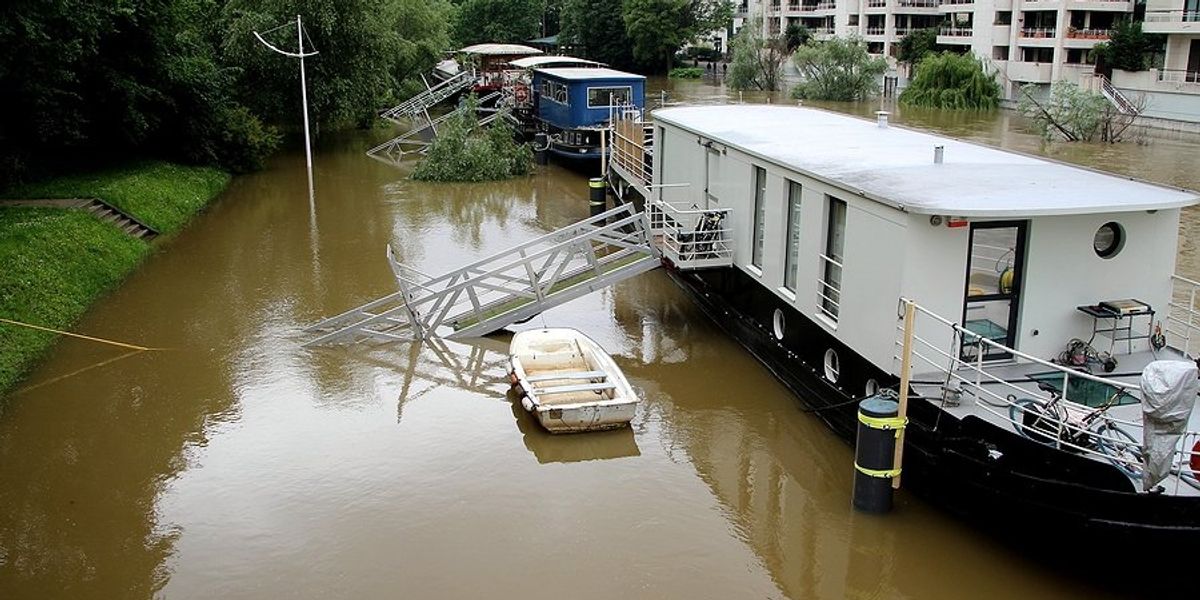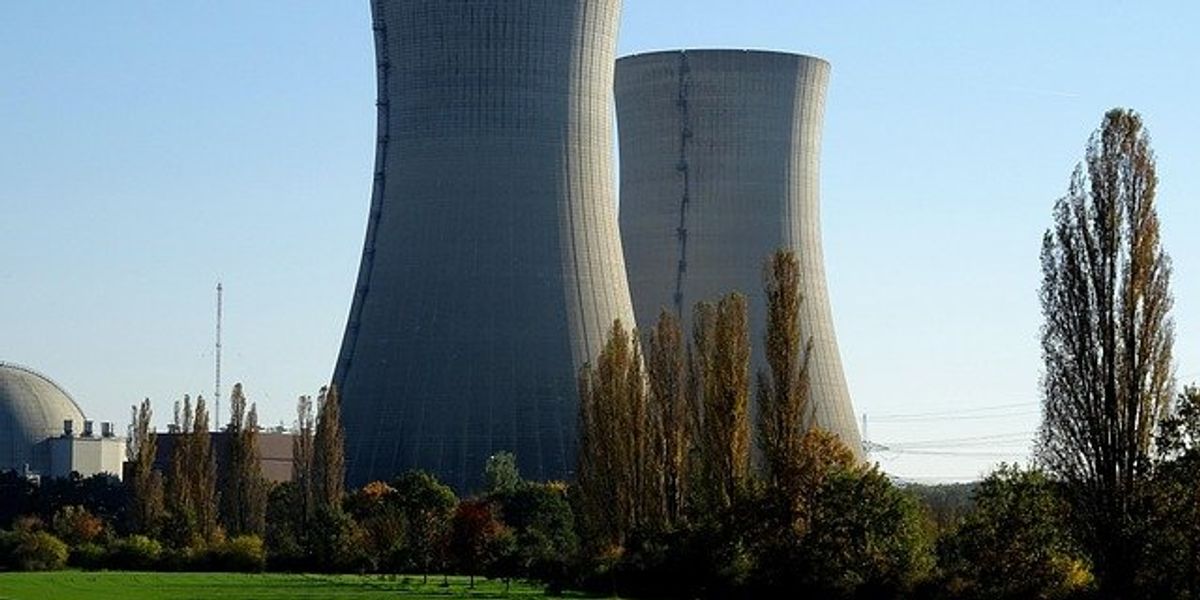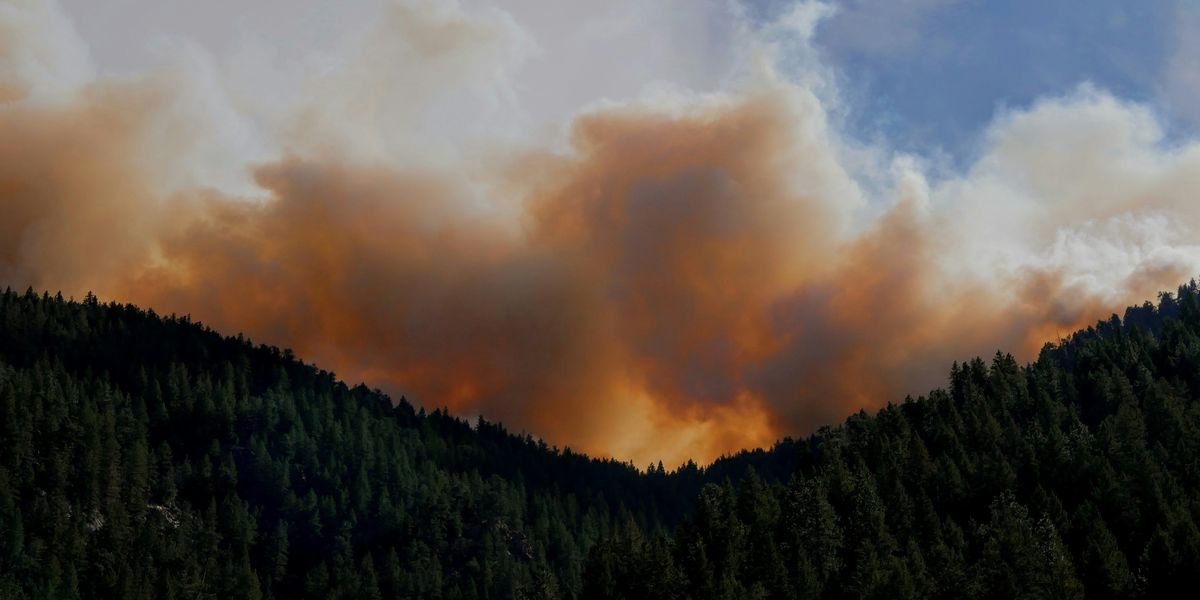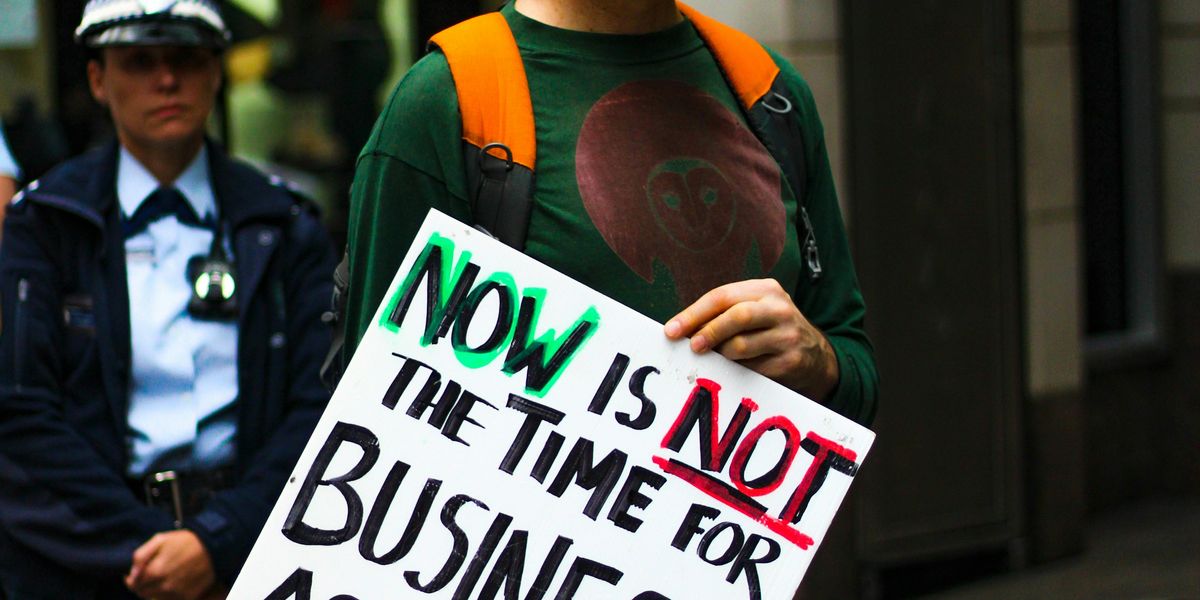storms
Caribbean nations seek UN court’s help to escape climate disaster debt
Caribbean countries are turning to the International Court of Justice to clarify the financial responsibilities of major polluters for climate-related damages, hoping to break the cycle of debt caused by increasingly destructive hurricanes.
In short:
- Caribbean islands are pressing the ICJ to issue an opinion that could hold major polluting nations financially accountable for climate damage.
- The region faces escalating debts due to frequent, severe storms, with some countries attributing up to 40% of their debt to climate disasters.
- The ICJ’s decision could pave the way for debt relief and financial contributions from developed nations to assist in recovery efforts.
Key quote:
“As we can see, that has gotten very little traction and the results are minimal. The temperature rise continues. The effects of severe storms in our region continue.”
— Ryan Pinder, attorney general of the Bahamas
Why this matters:
Caribbean nations are on the front lines of climate change, with severe storms crippling their economies. Legal clarity on financial responsibility could shift the burden from vulnerable nations to those historically responsible for emissions.
For more: Growing debt payments hinder climate action in vulnerable countries
Storm Debby intensifies as warm seas fuel hurricane season
Tropical Storm Debby is gaining strength as it moves over warm waters, highlighting how rising ocean temperatures are fueling more intense storms this hurricane season.
In short:
- Tropical Storm Debby is recharging over warm waters and is expected to hit South Carolina soon, according to the National Hurricane Center.
- Warm seawater increases evaporation, adding moisture to the atmosphere and strengthening storms like Debby.
- Climate change, driven by fossil fuel emissions, is increasing atmospheric moisture, complicating precipitation patterns and predictions.
Key quote:
"Extremely warm sea-surface temperatures provide a much more conducive dynamic and thermodynamic environment for hurricane formation and intensification."
— Researchers at Colorado State University
Why this matters:
As ocean temperatures rise due to climate change, the potential for stronger, more destructive storms increases, threatening coastal communities. Understanding these dynamics helps improve storm forecasts and prepare for severe weather events.
Related:
Hurricanes are becoming harder to predict and evacuate for
Hurricane Beryl’s rapid intensification and early arrival highlight the challenges coastal residents face in deciding whether to evacuate or shelter in place.
In short:
- Hurricane Beryl intensified twice by over 35mph within 24 hours, becoming the first category 5 storm early in the season.
- Emergency managers are hesitant to call for mandatory evacuations due to the time required and past evacuation failures.
- Heat-related deaths and power outages during hurricanes are a growing concern, prompting new community-led initiatives for solar power support.
Key quote:
“If you don’t evacuate, you could be without power. If you do evacuate, you could end up running out of gas on the side of the road with thousands of other people.”
— Jason Sippel, meteorologist with the National Oceanic and Atmospheric Administration’s hurricane research division
Why this matters:
Hurricanes are becoming more intense and unpredictable due to climate change. Better forecasting and new community resilience projects are critical to protect vulnerable populations during these increasingly severe storms.
Texans endure power outages and heat one week after Hurricane Beryl
More than 200,000 CenterPoint Energy customers remain without power in southeast Texas, facing heat and frustration a week after Hurricane Beryl.
Jaden Edison and Pooja Salhotra report for The Texas Tribune.
In short:
- Hurricane Beryl left more than 200,000 CenterPoint Energy customers without power in southeast Texas.
- Residents struggle with 90-degree heat, relying on generators and eating fast food to cope.
- CenterPoint Energy has restored power to most but still faces criticism for delays and poor communication.
Key quote:
"It's like they’re just leaving me for last."
— Rodolfo Peña, Channelview resident
Why this matters:
Prolonged power outages during extreme heat waves can lead to a cascade of problems, from heatstroke and dehydration to the inability to preserve food and maintain essential medical equipment.
Coral reefs that protect Caribbean islands from hurricanes are rapidly declining
Hurricane Beryl, which hit the Caribbean as a Category 4 storm, highlights the crucial role of coral reefs in mitigating storm damage, but these vital ecosystems are disappearing.
In short:
- Coral reefs act as natural barriers, reducing wave energy and preventing flooding in Caribbean nations.
- The area of live corals has decreased by 80% in recent decades due to climate change and human activities.
- Without reefs, the flood risk in the Caribbean and the U.S. would increase significantly, endangering thousands more people.
Key quote:
"Without reefs, annual damages would more than double."
— Authors of the 2018 study "The global flood protection savings provided by coral reefs."
Why this matters:
Coral reefs provide essential protection against hurricanes, but their decline due to climate change weakens this natural defense. Rising ocean temperatures, acidification, and human activities are causing unprecedented rates of coral bleaching and degradation. As these reefs disappear, so too does their ability to protect coastal communities from the ravages of hurricanes.
If global warming exceeds critical thresholds, what will the planet look like?
A recent Guardian survey of climate experts indicates that global warming is set to surpass the 1.5C goal, escalating risks of severe natural disasters.
In short:
- Climate scientists warn of intensifying heatwaves, floods, and storms as temperatures climb.
- Despite low confidence in achieving the 1.5C target, experts emphasize the importance of continued efforts to mitigate climate impacts.
- Each incremental reduction in CO2 emissions is vital in lessening human suffering.
Key quote:
"Climate change will not suddenly become dangerous at 1.5C – it already is – and it will not be ‘game over’ if we pass 2C, which we might well do."
— Peter Cox, professor at the University of Exeter
Why this matters:
The environmental repercussions of these increasingly severe weather patterns are profound. For example, heatwaves can lead to droughts that devastate crops, disrupt food supplies, and trigger wildfires. Intense storms and floods can cause catastrophic damage to infrastructure, displace communities, and contaminate freshwater supplies. These changes reshape our natural landscapes and threaten biodiversity as species struggle to adapt to rapidly changing conditions.
Extreme weather events such as heatwaves, droughts, and floods have already shown their devastating effects on communities worldwide.
Winter storms linked to increased domestic violence, study finds
A devastating winter storm in Texas heightens the risk of domestic violence, trapping victims with their abusers and limiting access to help, reports
In short:
- Research indicates that natural disasters exacerbate intimate partner violence, as victims find it harder to seek support.
- Disasters like wildfires and hurricanes, fueled by climate change, could make these situations more common.
- Federal disaster response lacks preparation for addressing intimate partner violence during emergencies.
Key quote:
“The level of toxicity and abuse was condensed. The accusations or outbursts of anger that would have taken three weeks were condensed to five days.’’
— Michelle J. Abdelnoor
Why this matters:
Natural disasters can create significant emotional distress and anxiety. The loss of homes, livelihoods, and loved ones can heighten tensions within households. For individuals with a predisposition toward violence, these stressors may lead to an increase in abusive behaviors as a misplaced outlet for their frustration and fear.
Ecoanxiety. Ecoparalysis. Solastalgia. Call it what you want— when it comes to climate change and mental health, the future is now.



















